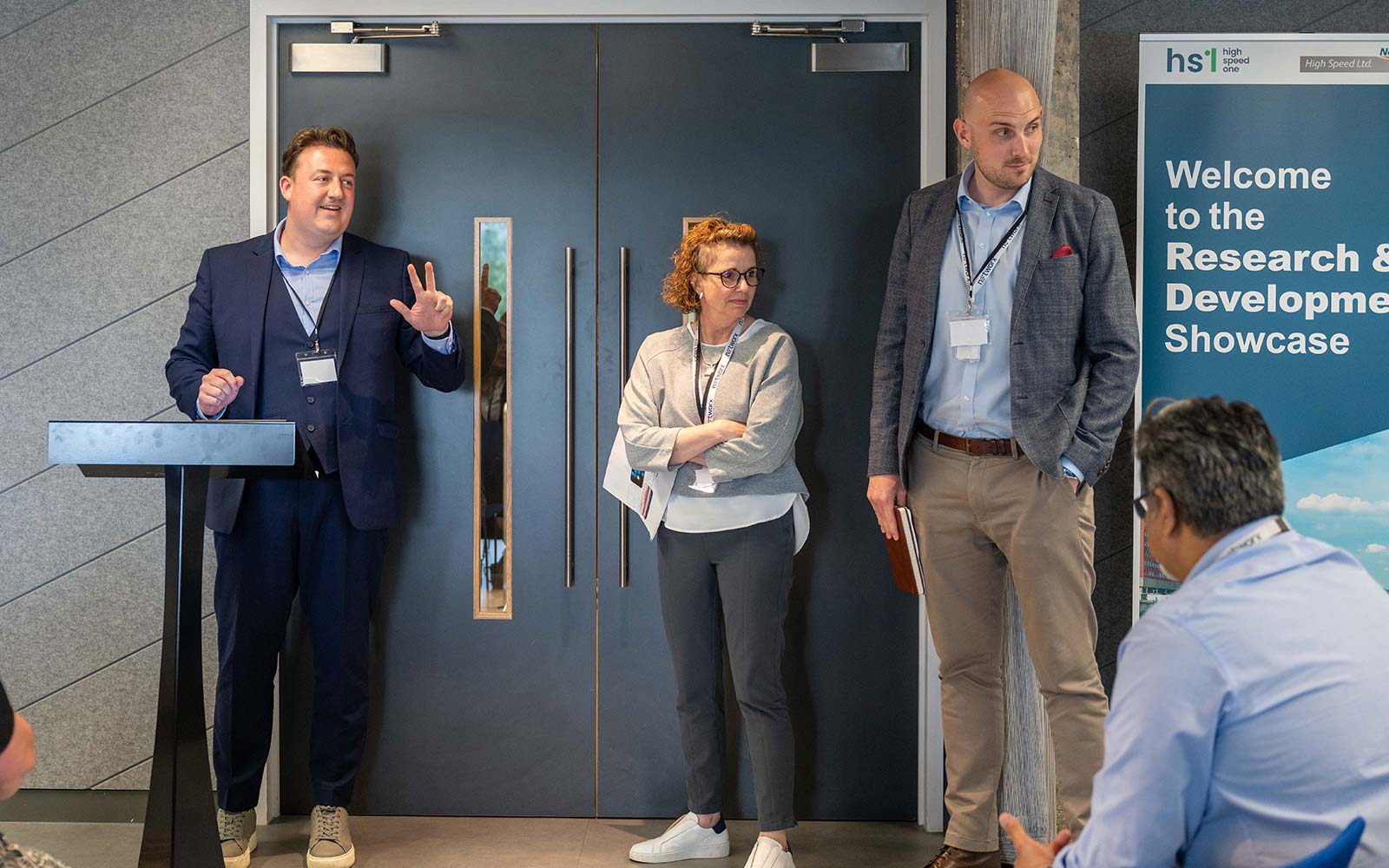Carbon emissions modelling and the UK’s Jet Zero proposal
The UK’s Department for Transport (DfT) has released its Jet Zero proposal, and at Aerogility, we are encouraged that this step has been taken, and that the DfT has acknowledged the role of technology in driving down carbon emissions.
Jet Zero sets out the DfT’s approach for reaching net zero aviation by 2050. It covers the department’s aim of decarbonising aviation while still maintaining the benefits of air travel, providing guidelines for the industry to reduce, and ultimately eradicate, its carbon dioxide emissions.
While the report outlines the benefits of using sustainable aviation fuel (SAF) as a way of reducing carbon emissions, it also places a heavy weight on the use of third-party technologies as an integral strategy to actively reduce carbon output.
How does carbon emissions modelling fit with Jet Zero?
In the case of Aerogility, we aim to give fleet planners complete visibility over the use of their aircraft, which includes carbon emissions modelling. Carbon emissions modelling provides a method for sustainably conscious companies to monitor, simulate and implement carbon strategies within their wider business forecast. Planners can then assess their carbon usage and deploy methods to reduce their output. The team can decide what the most environmentally friendly option is, and make sure they stay within specific carbon emissions targets.
Sustainability and Aerogility
Aerogility is committed to supporting sustainable solutions for the aviation industry, and we are constantly working on new ways for airlines and defence fleets alike to take control of their carbon output and identify ways to bring it down.
Currently, we are developing technology to help explore options to define the most cost-effective and environmentally conscious way to implement strategies to cut carbon emissions, alongside other key sustainability strategies.
Look out for more updates on our sustainability offering in the next few months. The consultation period for the Jet Zero proposal ends on 8 September 2021.



